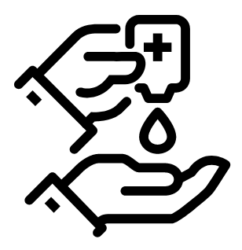Part One of The Plague recounts the onset of a mysterious disease in the Algerian town of Oran, from its first appearance in rats to the official declaration that plague has arrived.
There are seven stand-alone activities in this section. They will help meet Saskatchewan’s English B30 curriculum indicators.
- Literary Concepts: The Reliable Narrator and Objectivity will establish the ideal of objectivity that Camus implanted in the narrator. This activity will be particularly useful for helping students understand the concept of truth, and why the same texts might prompt different responses from different audiences.
- Think Local: The Police and Suicide presents one of the many ways society has evolved since The Plague was written, as well as opening up considerations of how students can continue this evolution locally.
- The Philosophy of Camus: Absurdism and Suicide introduces The Plague’s philosophical underpinnings in light of Camus’ views on truth and life.
- Historical Context: The End of Democracy in France establishes the historical context that allegorically framed The Plague.
- Historical Context: Homegrown French Fascism explains currents in France prior to 1940 that helped allow the authoritarian French Vichy state to form.
- Literary Concepts: Fables and Human Behaviour helps connect The Plague with other key texts in society, along with introducing some of the ways we use stories to establish society’s norms.
- Literary Concepts: Equality, Empathy, and Freedom of Expression shows how literary texts can be used to understand our societal norms.
Together, these activities and chapter questions establish broader philosophical and thematic underpinnings of The Plague. This will help students use the novel to promote social and personal change.
Depending upon your approach to The Plague, most of these are key readings. The ideas raised will be returned to throughout the study of the book.
 Menu
Menu


